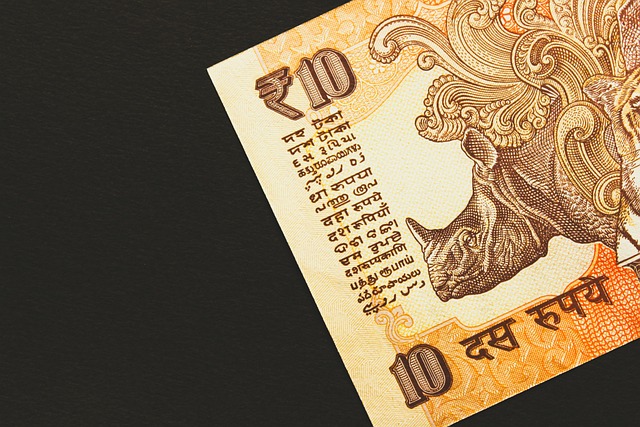When considering a car title loan payoff, evaluate your financial situation and explore flexible repayment options from lenders. Prepare essential documents like vehicle registration, insurance proof, loan agreement, and recent vehicle valuation for a seamless process. Choose between direct loan payoff, vehicle equity financing, or refinancing based on income stability, future goals, and understanding of terms.
Considering a late car title loan payoff? It’s crucial to understand your options before making a decision. This guide will walk you through the process, starting with evaluating your car title loan payoff choices. We’ll outline the essential documents required for a smooth repayment and discuss various repayment methods. By following these steps, you can efficiently resolve your late payment and regain control of your finances.
- Understand Your Car Title Loan Options
- Gather Necessary Documents for Payoff
- Choose the Best Repayment Method for You
Understand Your Car Title Loan Options

When considering a late car title loan payoff, understanding your options is crucial. The first step is to evaluate your current financial situation and assess how much you can afford to pay back without compromising other essential expenses. Many lenders offer flexible repayment plans tailored to help borrowers manage their debt, so inquire about these options during the title loan process.
Additionally, exploring alternative funding sources like friends, family, or credit unions could provide a quick funding solution with less stringent terms compared to traditional car title loans. Remember, maintaining control over your vehicle ownership and ensuring you have a clear understanding of the repayment terms are vital steps in managing this type of loan effectively.
Gather Necessary Documents for Payoff

To facilitate a smooth car title loan payoff, ensure you have all the essential documents ready. This includes your vehicle’s registration and proof of insurance, both of which serve as crucial identifiers for your vehicle. Additionally, gather the original copy of the loan agreement, as it contains critical details such as the outstanding balance, interest rates, and repayment terms. The Vehicle Valuation is another key aspect; obtain a recent appraisal or use online tools to estimate your car’s current market value. This step is essential for ensuring you receive an accurate payoff amount.
Furthermore, be prepared with valid identification documents like a driver’s license or state-issued ID. These documents are necessary for verifying your identity and completing the payoff process. Having all these in order will allow for a faster and more efficient car title loan payoff, providing you with quick funding to meet your financial needs without any delays.
Choose the Best Repayment Method for You

When it comes to repaying a car title loan, one of the most important decisions you can make is choosing the right repayment method. The ideal approach should align with your financial situation and preferences. A common option for many borrowers is direct loan payoff, which involves settling the debt in full by providing a lump-sum payment. This method typically eliminates the need for ongoing payments and associated fees.
Consider your current financial standing and future goals when making this choice. If you have stable income and prefer to avoid the interest accrual of extended repayment plans, paying off the loan swiftly can be beneficial. On the other hand, if your budget is tight, exploring vehicle equity financing or loan refinancing options might offer more flexibility. Remember, a thorough understanding of the terms and conditions related to these methods, including any potential credit checks, will empower you to make an informed decision for your car title loan payoff.
Paying off a late car title loan requires careful consideration and planning. By understanding your options, gathering the necessary documents, and choosing the best repayment method for your situation, you can successfully navigate this process. Remember to prioritize communication with your lender and explore all available avenues to resolve any outstanding balances, ensuring a smoother journey towards financial stability.






